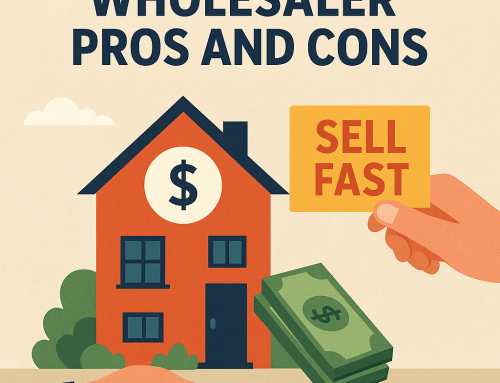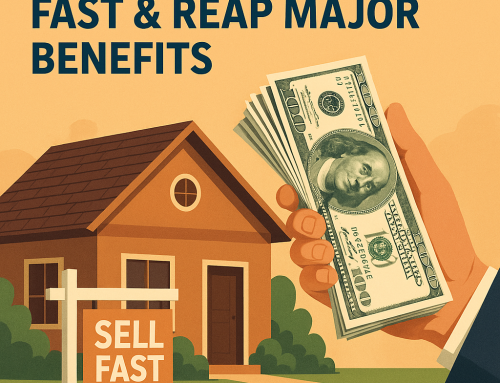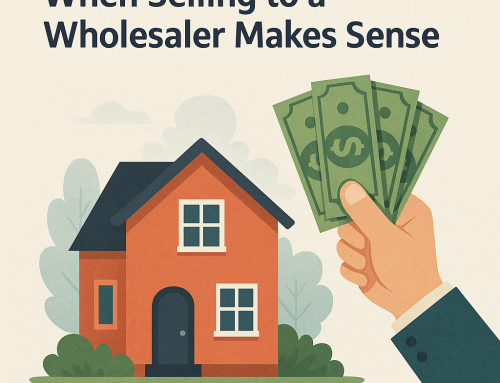- The Benefits of Cash for Home Options
- Quick Transactions
- Reduced Closing Costs
- Less Hassle
- As-Is Sales
- The Downsides of Cash for Home Options
- Potentially Lower Offers
- Limited Market Reach
- Risk of Scams
- Emotional Toll
- Making the Right Choice
When homeowners find themselves in need of urgent cash or simply wish to move on quickly from their property, many consider cash for home options. This method allows sellers to bypass traditional listing processes, which can be lengthy and cumbersome. However, while choosing to sell home fast through cash buyers may seem appealing, it’s essential to weigh both the advantages and disadvantages.
The Benefits of Cash for Home Options
Quick Transactions
One of the most significant advantages of cash offers is the speed of the transaction. Unlike conventional sales that rely on financing, cash transactions can close in a matter of days. This expediency is particularly beneficial for individuals facing financial hardships or those needing to relocate promptly due to job changes or family matters.
Reduced Closing Costs
Cash buyers usually incur fewer closing costs. Since there’s no need for lender-related fees, sellers can enjoy a more straightforward financial transition. Additionally, sellers may save on costs associated with appraisals and inspections, which are often required in financed sales.
Less Hassle
Selling for cash often means fewer complications. Home inspections, repairs, and endless negotiations can be avoided or minimized when dealing with a cash buyer. This simplicity allows sellers to focus on moving forward rather than getting mired in logistical details.
As-Is Sales
Cash offers often come with the understanding that the home will be purchased “as-is.” This is particularly advantageous for homeowners who do not want to invest time and money into repairs or renovations before selling. As a result, sellers can save both emotional and financial resources.
The Downsides of Cash for Home Options
Potentially Lower Offers
While speed and convenience are major draws of cash sales, they often come with trade-offs. Cash buyers tend to make lower offers, knowing they are providing a quick and hassle-free sale. For homeowners with time to spare, these offers might feel undervalued compared to what they could obtain through a traditional listing.
Limited Market Reach
Selling a home via cash offers means not tapping into the broader market of buyers who may be willing to pay more. This can be especially detrimental in sellers’ markets, where competitive bids can drive prices up. Overlooking traditional methods might mean missing out on maximizing the home’s sale price.
Risk of Scams
The allure of cash buyers has regrettably attracted a number of scammers. Homeowners must be vigilant and do their due diligence to ensure they are dealing with legitimate buyers. Always verify credentials, seek recommendations, and consider consulting with a real estate agent to navigate this often-complex landscape.
Emotional Toll
The process of selling a home, regardless of the method, can be emotionally taxing. Choosing a quick, cash option may lead to hasty decisions, especially if the seller is under pressure. This emotion can cloud judgment and lead to regrets later, particularly if sellers feel they rushed into a decision due to time constraints.
Making the Right Choice
Ultimately, deciding to pursue cash for home options should hinge on an individual’s unique circumstances. For those needing to sell home fast due to financial distress, job relocation, or personal reasons, cash buyers can present an effective path. However, it’s vital to weigh the potential downsides and carefully assess all available options.
Sellers should consider consulting with real estate professionals who can provide market insights and help gauge whether a cash offer is the right fit. Knowing both the pros and cons empowers homeowners to make informed decisions that align with their financial needs and future goals.
In a world where time is often of the essence, cash for home options can be a lifeline—but like any major decision, it warrants careful consideration and due diligence.




